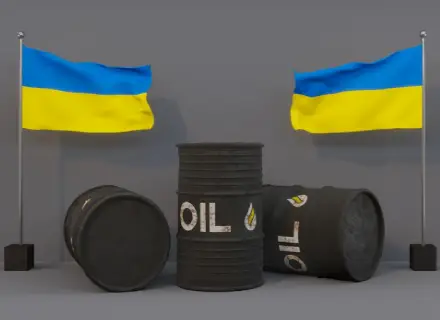Amid signs of growing Chinese crude imports and an intensifying conflict in Ukraine, oil prices increased marginally. However, overall price gains were restrained by rising US crude stocks.
Brent crude futures had increased 9 cents, or 0.1%, to USD 73.40 a barrel, while US West Texas Intermediate crude futures had increased 14 cents, or 0.2%, to USD 69.53 per barrel.
According to data from the American Petroleum Institute, market sources reported that US crude oil stocks increased by 4.75 million barrels during the week ending November 15.
On the other hand, gasoline stocks decreased by 248 million barrels. Additionally, according to the sources, distillate stocks dropped, losing 688,000 barrels.
The rising conflict between Ukraine and Russia, two of the world’s largest oil producers, seems to have helped prices.
Moscow said Ukraine was the first to strike Russian territory with US ATACMS missiles. Vladimir Putin, the president of Russia, set the stage for a potential nuclear assault.
“This marks a renewed build-up in tensions in the Russia-Ukraine war and brings back into focus the risk of supply disruptions in the oil market,” ANZ analysts said in a note to clients.
Oil price sentiment was bolstered by indications that China, the world’s largest importer of crude, may have increased its oil purchases this month following a period of weak imports.
“China’s crude imports are expected to reach or nearly reach record highs by the end of November, according to data from vessel tracker Kpler,” Zawya reported.
China’s weak imports so far this year have caused oil prices to decline; Brent has dropped 20% from its peak of over USD 92 per barrel in April.
Meanwhile, the largest producer of olive oil in the world is forecasting a cooling of prices after the sector experienced record prices at the beginning of the year due to the combined effects of high interest rates and inflation in the value chain, as well as drought caused by climate change on the harvest.

